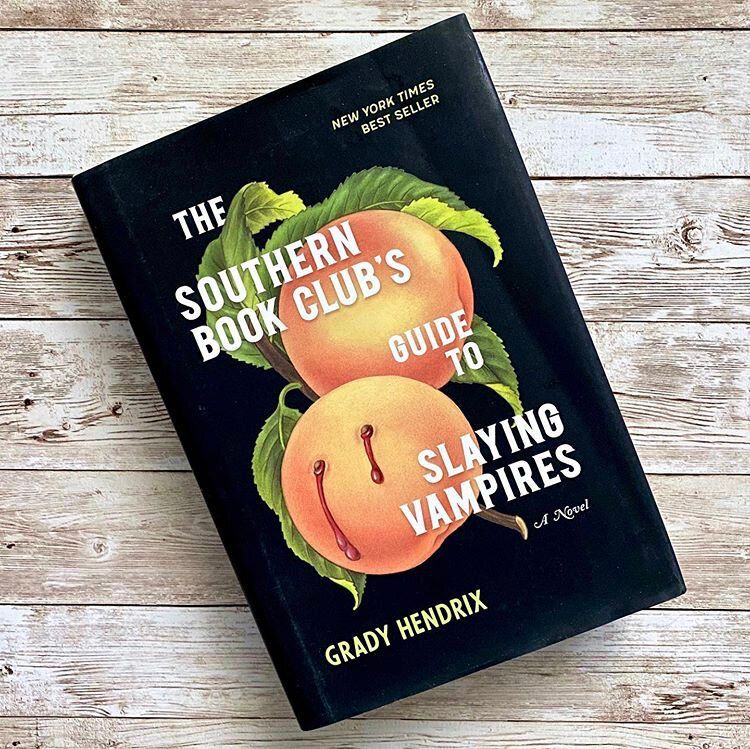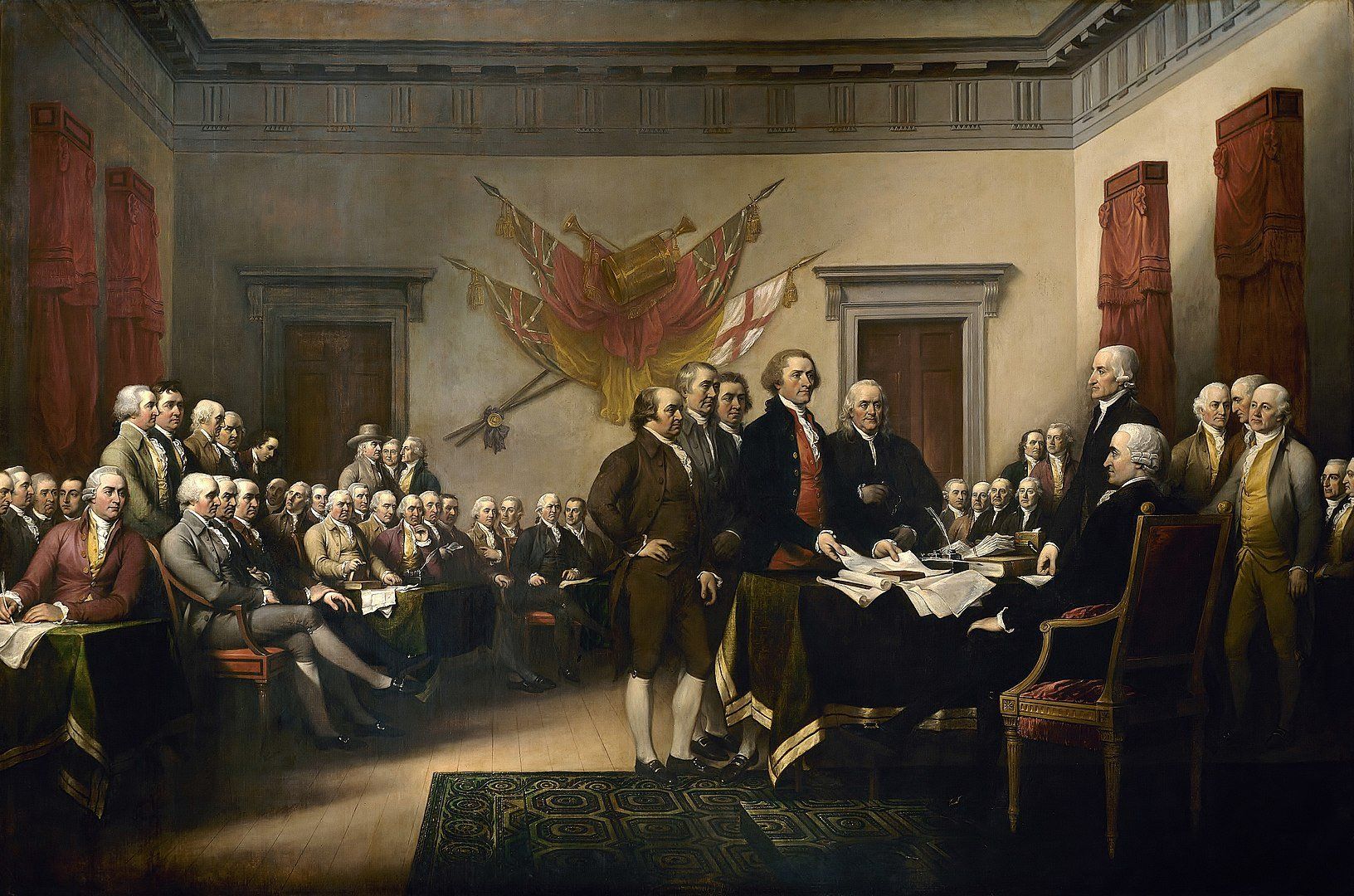por Luis Manuel Moll Juan
“En plena guerra de la independencia, este español, ayudó a George Washington a obtener la victoria sobre las fuerzas inglesas .”
Juan de Miralles Trayllón , nació en la localidad alicantina de Petrer el 23 de julio de 1713, hijo de un capitán de infantería, que defendió la causa del rey
Felipe V
durante la guerra de la Secesión Española.
Su padre, que compartía su procedencia bearnesa con la mayoría de los franceses radicados en el levante español en aquella época, se había mudado a Alicante como oficial de las tropas felipistas para liderar los combates contra los partidarios del archiduque Carlos de Austria que se estaban librando en las inmediaciones de Petrer. Habiendo heredado la hacienda familiar, cercana a la villa de Monein, regresó a la Navarra francesa con la intención de restaurar la mansión —todavía se puede leer la inscripción “1731” en la clave del arco de entrada— e instalarse definitivamente en ella con su familia. Algo con lo que el joven Juan no parecía estar muy de acuerdo, pues cuatro años más tarde retornaría a España para no volver nunca más a Manaud.
En el año 1740, desembarca en a ciudad de La Habana, en Cuba, con unos 8400 pesos atesorados a lo largo de unos ocho años en España. Este destino de la Habana, no fue escogido por casualidad, la ciudad y su puerto eran los principales de todo el abanico del Nuevo Mundo debido a su estratégica situación dentro del Caribe. Comenzó a trabajar con mercaderes ingleses y en el 22 de agosto de 1744 se casa con doña María Josefa Eligio de la Puente y González Cabello , hija de una de las más acaudaladas familias de la isla y descendiente de un gobernador de la Florida, lugar éste, donde Miralle s pudo encaminarse para hacer sus negocios variopintos, desde la compra de buques hasta la venta de esclavos.
Miralles formó parte de la Compañía Gaditana de negros, que fue la empresa negrera más grande creada en el imperio español. Estas actividades encubrían su faceta de espía para la corona de España, dando en algunas ocasiones informaciones cruciales sobre los movimientos de tropas inglesas en la zona.
Tuvo buenos amigos entre los agentes a las órdenes de Floriblanca,, de ellos destaca el capitán Francisco Bouligni , que a postre se casó con un familiar de su mujer. Creó una red de espías a través del arco caribeño que fue fundamental para los intereses españoles en la zona, exponiendo inclusive en alguna ocasión su propia vida.
En el año 1777, partió desde La Habana, a bordo de la goleta Nuestra señora del Carmen, con rumbo a Charleston, pasando posteriormente a la ciudad de Philadelphia, donde hizo amistad con el embajador francés para los Estados Unidos Conrad Alexander Gêrad.
Carta secreta dirigida por D. Diego José Navarro al ministro de Indias José de Gálvez, informándole de la elección de Miralles y Eligio de la Puente como espías. Crédito: PARES.
Miralles, durante esa época, efectuó grandes negocios a través de sus rutas marítimas y con barcos fletados por él mismo, entre la ciudad de La Habana y Philadelphia. Dado su carácter, jovial y abierto, se hizo rápidamente conocedor de los ambientes aristocráticos de Philadelphia y, en alguna de las grandes cenas que celebraba en su villa, acudió el general George Washington , el marqués francés Lafayette , así como varios congresistas estadunidenses y embajadores franceses.
Miralles, como delegado de la corte de Madrid, encauzó grandes donaciones en ropa de abrigo, pólvora, armas, medicinas, etc. hacia las tropas del general Washingto n, a través de la ciudad española de Nueva Orleans, Don Bernárdo de Gálvez gobernador de la Luisiana, y don Francisco Bouligny, controlaban directamente estas donaciones secretas. De este modo y de otros, como el de entretener a las tropas inglesas en la defensa de la frontera del Mississippi, (impidiendo a estos el agruparse para combatir contra las formaciones del general Washington. Bouligny), fue el encargado de mantener a raya “a través de las labores de distracción” a las tropas inglesas hasta la batalla de Pensacola en el año 1781.
Miralles, se presento al general Washington con una carta de credenciales redactada por Diego Jose Navarro en la que se alababan sus cualidades como persona y muy pronto surgió una admiración y respeto mutuos, estableciendo un fuerte vínculo de amistad entre ellos.
El efecto causado por el futuro primer presidente de los Estados Unidos en Miralles fue muy impresionante, hasta el punto que en sus informes que redactaba a La Habana se deshacía en elogios hacia el mandatario; llegó a encargar al pintor Charles Wilson Peale, once cuadros del general. Esta relación con el general, le supuso un impulso de entusiasmo a la causa independentista norteamericana que llegó ha hacer como suya propia.
Apunto de cumplir los 67 años, el 19 de abril de 1780, llegó a Nueva Jersey, Las inclemencias del tiempo le hicieron enfermar de una pulmonía con vómitos de sangre. Se alojó en la casa de Ford, mansión del general Washington , futura residencia del Presidente de Estados Unidos, y a pesar de disponer de los mejores médicos personales y la atención especial de Martha – mujer del general – falleció el 28 de abril de 1780. Fue enterrado con los honores del ejército estadounidense en el cementerio presbiteriano de Morristown. En el verano de 1780, sus restos fueron trasladados y depositados en la cripta de la iglesia del Espíritu Santo en La Habana
Después de su muerte en abril de 1780, Juan de Miralles se convirtió en el primer extranjero que recibió un funeral militar en Estados Unidos, aunque el país aún no había ganado la guerra y no era reconocido internacionalmente como un país independiente.
Washington, profundamente afectado por el fallecimiento de su amigo, escribió al gobernador español de Cuba, así como la viuda de Miralles ensalzando las maravillosas cualidades de su nuevo amigo y partidario político.
Miralles, fue una pieza importante en el comercio, la cultura y en los avatares políticos españoles del Caribe. ¡Y qué decir en la Historia de Estados Unidos
Nota:
Vicent Ribes, Catedrático de la Universidad de Valencia, en su artículo publicado en la revista Historia Moderna en su número 16, NUEVOS DATOS BIOGRÁFICOS SOBRE JUAN DE MIRALLES, nos dice de Miralles lo siguiente:El carácter secreto de esta ayuda económica -hay que recordar que España no estaba oficialmente en guerra con Inglaterra- hace que hoy sea imposible calcular las cantidades de dinero enviadas por España y qué parte de esos capitales salían directamente de la fortuna privada de Miralles. El hecho de que estos trasvases de dinero se realizasen a través del conde de Aranda, embajador español en París, ha llevado a
muchos historiadores americanos al tremendo error de confundir dicha ayuda con la que los independentistas recibían de Francia. Pero, para darnos una idea de la trascendencia de la ayuda financiera española, bastará recordar que las inestables economías de los Estados de Virginia, North Carolina, Massachussets, New Hampshire, Connetticut, Rhode Island, Pennsilvania… giraban en torno a esos «Spanish milled dollars»
con los que mantenían la insurrección contra Inglaterra. Al mismo tiempo, Miralles, como delegado de la corte de Madrid, encauzó grandes donaciones de ropa de abrigo, pólvora, armas, medicinas, etc. hacia las tropas de Washington, a través de la española ciudad de Nueva Orleans. Don Bernardo de Gálvez, gobernador de Luisiana, y don Francisco Bouligny, controlaban directamente estas donaciones secretas. Algunas, sin embargo, nos son conocidas, y nos permiten afirmar que sin ellas el ejército del general Washington no hubiese podido resistir los de la independencia. El mes de marzo de 1778 el Congreso de los Estados Unidos envió al capitán Willing y a Oliver Pollock a Nueva Orleans para que recogiesen una donación española de «9.000 varas de paño azul y diez y ocho mil varas de paño tinto de lana de las fábricas de Alcoi, 1.710 varas de paño blanco de id., 2.992 varas de estameña blanca…». Traducido a términos actuales, eso significa que absolutamente toda la ropa de abrigo y uniformes del ejército de Washington procedían de España. En la misma donación se incluían «…6 cajas de quinina, 8 cajas de otras medicinas, 108 rollos de telas de lana y estameña, 100 quintales de pólvora en cien barriles, y 300 fusiles con sus bayonetas en 30 cajas…» En otra ocasión, Franklin hacía patente al conde de Aranda su agradecimiento por haberse recibido en Boston doce mil fusiles de ayuda española… Si consideramos que las tropas del general Washington en Morristown apenas llegaban a cinco mil hombres, calibraremos mejor el sentido de la ayuda española. Pero, por si fuera poco, los españoles, además de dinero y pertrechos, ayudaron a las tropas de Washington de otro modo: manteniendo a los ingleses ocupados defendiendo sus fronteras en el valle del Mississippi y en la Florida, lo que hizo imposible el agrupamiento de las tropas inglesas contra Washington. D(Los informes que Miralles enviaba a la Corte de Madrid están en el A.H.N., Estado, leg. 3884bis, exp. 6, nos. 1-17. Las noticias sobre los viajes de sus embarcaciones en el A.G.I., Santo Domingo, leg. 944 y 1598. 26. A.G.I., Santo Domingo, leg. 1197. 372)Don Francisco BouIigny fue el encargado de mantener a raya a los ingleses en el valle del Mississippi,llevando a cabo una política militar y de colonización en dichas tierras. Al mismo tiempo, participó, a las órdenes de Bernardo de Gálvez, en las labores de distracción de las tropas británicas en la Florida, que culminaron con la derrota inglesa de Pensacola el año 1781. Bien puede pues afirmarse que sin la colaboración de hombres como Miralles, Gálvez o Bouligny, la independencia de los Estados Unidos hubiese resultado, al menos, mucho más difícil de conseguir.Pero, además, parece que se estableció una corriente de gran simpatía entre el general Washington y Miralles. Una relación amistosa más profunda de lo que la estricta etiqueta establecía para con un representante de una potencia aliada. El 19 de abril de 1780 llegó Miralles, junto con el embajador francés, al campamento de Morristown, donde fueron recibidos con todos los honores. Un tiempo inclemente, sin embargo, había mermado las fuerzas de Miralles durante el camino desde Philadelphia, obligándole a guardar cama en la propia mansión Ford, donde Washington se hallaba hospedado. A pesar de contar con los cuidados de los mejores médicos disponibles, y atendido solícitamente por el general y su familia, Miralles falleció de una pulmonía el 28 de abril de 1780. Hasta que pudisen ser trasladados sus restos a La Habana, Miralles fue enterrado, lujosamente amortajado con excelentes ropas y un derroche de pedrería, en una ceremonia presidida por Washington, y con el ejército
estadounidense rindiéndole honores por decisión de su general, en el pequeño cementerio presbiteriano de Morristown. La estimación de Washington por Miralles quedó reflejada en multitud de ocasiones, pero pueden servir de ejemplo estas frases escritas por el general al embajador francés -«…las atenciones y los honores rendidos al Sr. de Miralles… fueron dictados por la sincera estimación que siempre le tuve»-, a su viuda -«Todas las atenciones que me fue posible dedicar a su fallecido esposo fueron dictadas por la amistad que sus dignas cualidades me habían inspirado»-, o al mariscal Navarro, capitán general
de Cuba -«I the more sincerely sympathize with you in the loss of so estimable friend, as ever since his residence with us, I have been happy in ranking him among the number of mine. It must however be some consolation to his connexions, to know that in this country he has been universally esteemed and will be universally regretted»-.
ESTE PERSONA, TRANSCENDENTAL EN LA HISTORIA, SI FUESE INGLES O FRANCES, TENFDRÍA UN GRAN MONUMENTO A SU MEMORIA, PERO… NACIÓ EN ESPAÑA, Y AQUÍ A NUESTRO´HÉROES LOS DEJAMOS CASI OLVIDADOS, COMO QUE NOS MOLESTAN. DESDE ESTAS LETRAS REVINDICO LA PERSONALIDAD, REVINDICO LA HISTORIA DE ESTE PERSONAJE PARA QUE SEA TRATADO COMO MERECE, QUE NI SIQUIERA EN SU PUEBLO UNA CALLE TIENE.












